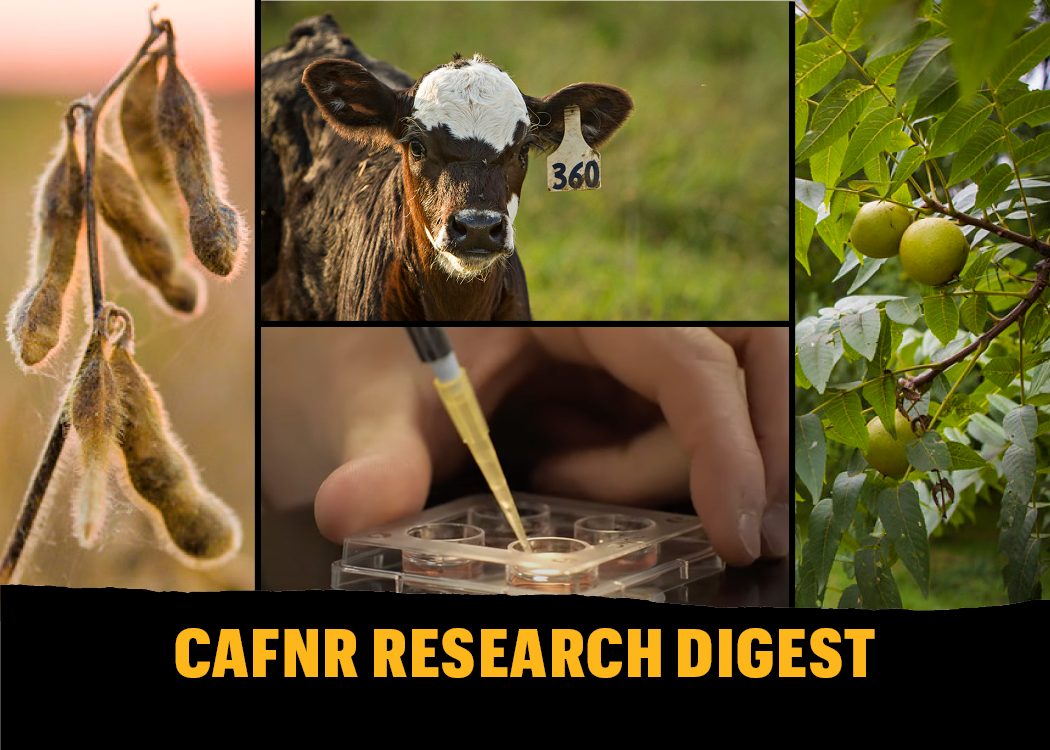|
The Mizzou team, led by a food science professor, combined AI and nanotechnology to create a more efficient, highly accurate evaluation of fresh produce for toxic pesticide residues. Imagine being at the grocery store, picking up a package of strawberries, then giving them a quick scan that will immediately tell you exactly the types and quantities of pesticide residues that are on the fruit before you buy them and bring them home to your family. This may sound like something out of a futuristic science fiction film, but a team of interdisciplinary researchers at the University of Missouri have used the power of artificial intelligence to make the technology that would enable this scene a reality. The team, which is led by Mengshi Lin, professor of food science, and includes Jianlin Cheng, Curators’ Distinguished Professor of electrical engineering and computer science; John Snyder, assistant adjunct professor of statistics, and two Ph.D. students, Akshata Hegde and Mehdi Hajikhani; began with an interest in leveraging artificial intelligence to improve food safety. “AI is currently experiencing a boom akin to the gold rush era,” Lin said. “There is a surge of exciting things happening in that space, and this is a new approach to blend nanotechnology and AI to boost food safety. We are combining food science, chemistry, and computer science to create this ecosystem.” Lin further explained that exposure to toxic pesticides can cause a variety of health problems ranging from short-term acute conditions to long-term chronic illnesses. For this reason, fruits and vegetables sold to consumers in the US undergo a thorough inspection process to ensure consumer safety. Prior to the development of this new technology, it would take hours to sample fruit or vegetables to determine the pesticides present, but with the team’s new AI-powered technology, it is possible to process a large number of samples within minutes. |
